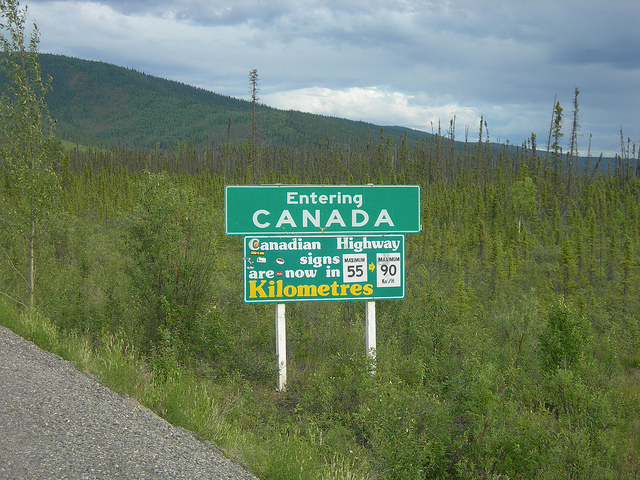Like this article? rabble is reader-supported journalism. Chip in to keep stories like these coming.
Problems? Oh, the Trans-Pacific Partnership has a few! Read about them all in the new series The Trouble with the TPP.
This weekend, former Research in Motion co-CEO Jim Balsillie wrote a must-read opinion piece in The Globe and Mail on the TPP. Balsillie makes a compelling case for how Canadian IP policy has failed in light of decisions to consistently cave to foreign pressures:
“Starting in the 1980s, Canadian policy makers and politicians blindly bought the narrative lobbied by foreign corporations, first in the pharmaceutical industry and then across all sectors, that stronger IP protection would lead to more domestic innovation and prosperity.
Three decades later, our pharma R&D has declined dramatically and drug prices for Canadian consumers are among the highest in the world. Our largest technology companies are much smaller now than 10 years ago and we have zero growth in innovation outputs over the past 30 years.
We should have learned our lesson by now, and yet the same outdated thinking from the 1980s is back on display from today’s TPP proponents: Focus on aligning our domestic IP laws with the U.S. system and hope for the best. TPP needs to be assessed not for its legal purity or alignment to U.S. laws, but for the economic impacts colonial IP policies have on Canada. After all, Canada has aligned its laws with the United States both directly and indirectly in several international treaties over the past three decades, and our innovation performance always faltered thereafter.”
The Trouble with the TPP series has already reviewed how the TPP offers more of the same through policies such as copyright term extension and locking in extended patent protections. The agreement also addresses IP enforcement and border measures, just months after Canada changed its rules to provide more protections and enforcement.
For example, Article 18.76 of the TPP seeks to expand the power of customs officials by granting them the right to initiate border measures without court oversight, even for goods that are in-transit (ie. not destinated to stay within the country). The in-transit issue was a major source of U.S. lobbying during the debate over Bill C-8, Canada’s anti-counterfeiting bill. Canada ultimately excluded in-transit shipments from the ambit of the bill with the government arguing that “our government doesn’t believe taxpayers should be on the hook for the cost of seizing counterfeit products that are destined for the United States that do not threaten health or safety.”
The U.S. hoped to reverse Bill C-8 through the TPP. In-transit seizures are mandated in the agreement, but footnote 122 in the TPP states:
“As an alternative to this subparagraph, a Party shall instead endeavour to provide, if appropriate and with a view to eliminating international trade in counterfeit trademark goods or pirated copyright goods, available information to another Party in respect of goods that it has examined without a local consignee and that are transhipped through its territory and destined for the territory of the other Party, to inform that other Party’s efforts to identify suspect goods upon arrival in its territory.”
With the “endeavour to provide” requirement, this provision appears to be another best efforts provision that is not a strict requirement. Yet the U.S. wanted a clear requirement from Canada and apparently demanded a side letter between the two countries:
“Each government shall provide to the other, on a semi-annual basis, a compilation of notifications provided to the other government’s customs administration under footnote 122 of Article 18.76.5(c), highlighting description and quantity of the suspected infringing goods. Finally, representatives of both governments shall meet upon the request of the other government to discuss any aspect of this agreement.
I have the honor to propose that this letter and your letter of confirmation in reply, equally valid in English and French, shall constitute an agreement between our two Governments, subject to dispute settlement under Chapter 28 of the TPP Agreement, which shall enter into force on the date of entry into force of the TPP Agreement as between Canada and the United States.”
In other words, the Canadian obligation is not optional. The U.S. is requiring Canada to provide a report card every six months on its customs activities, meet on the issue whenever the U.S. demands, and face the possibility of a dispute settlement complaint for failing to comply with these rules. While some might view this as a modest requirement, the U.S. does not require similar reports from anyone else.
Rather, consistent with the history articulated in Balsillie’s piece, Canada is once again bullied into complying with U.S. demands on intellectual property laws and enforcement.
This piece originally appeared on Michael Geist’s blog and is reprinted with permission.
Photo: flickr/ Jimmy Emerson, DVM




